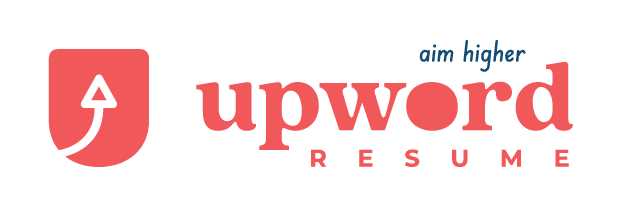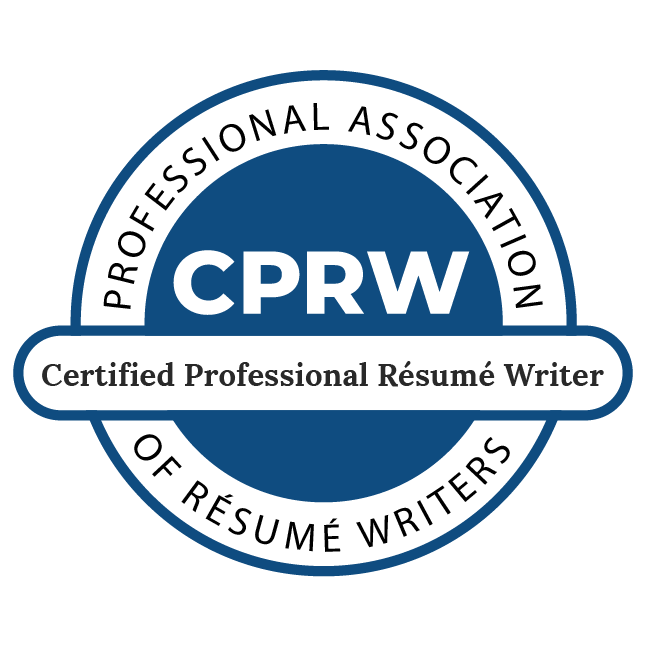There are about 3 million jobs within the federal government, from entry-level to advanced, in all functional areas. These jobs offer generous benefits, solid pay, and job security. Unfortunately, applying for a federal job is a bit of a complicated process. A federal resume is not the same thing as a typical professional resume.
USA Jobs is your essential tool for landing a federal job. Use it to search for openings and submit your application. Be sure to read each job announcement very carefully. Applications that don’t carefully follow the application instructions will get passed up.
But here’s the good thing about federal hiring: Extensive rules, guidelines, and procedures are in place to make hiring as fair and impartial as possible. The goal of these regulations is to remove nepotism, favoritism, and guesswork. So the candidate who gets the federal job is the one who has demonstrated the best fit with the stated qualifications for that job.
That means that to increase your chances, you need to create a resume that methodically outlines your fit with each and every one of the listed qualifications.
While professional resumes must stay within two pages, federal resumes don’t. Federal resumes are often 4-5 pages long. That’s because:
1.) You’re including a bunch of information that never goes on your professional resume.
2.) You’re listing every instance when you fulfill a qualification, every time it occurs, without worrying too much about being redundant or clunky.
Resumes are never poetry. But even moreso than a typical professional resume, think of a federal resume like an equation. They ask for X, you list X in your resume—each time it’s applicable. So if you listed X for Job A, don’t be afraid to mention it again for Job B.
Here’s your guide to the additional information that goes on your federal resume:
Personal Information
Near the top of your federal resume—in your Summary section or in a separate “Personal” section—include the following:
- Social security number
- GS level (if you’ve held a prior federal position)
- Veterans preference (if any)
- Security clearance (if any)
Employment Information
For each job listed, include—
- Number of hours worked per week
- Workplace address
- Your salary
- Your supervisor’s name and phone number
- GS level (if a federal position)
In addition, while for a professional resume you may omit older, less relevant, or short-term jobs, your federal resume should go all the way back to high school.
Education Information
While on a professional resume, you might include only the school where you graduated (omitting other schools you attended along the way), for federal resumes, include every university or college you have attended regardless of your completion status.
In addition, include—
- GPA
- Relevant coursework
- Number of credit hours completed
- Any scholarships awarded, certifications, or offices you held while at school.
Additional Sections
Because federal resumes aren’t limited by length—and because your job is to list everything relevant—consider additional information that may be relevant to your application.
- Volunteer/Leadership. List community service, humanitarian work, ecclesiastical service, or other volunteer endeavors that showcase your leadership skills.
- If you speak a foreign language, list it and indicate your level of fluency.
- List any awards or commendations received in the workplace, school, or community.
- Include any publications or conference presentations.
Transforming your professional resume into a federal resume may feel like a hassle, but it’s effort that will really pay off in your quest to land a federal job.
Upword Resume offers federal resume writing services, to transform your existing resume into federal shape or to build a federal resume from scratch. Contact us to learn more.


